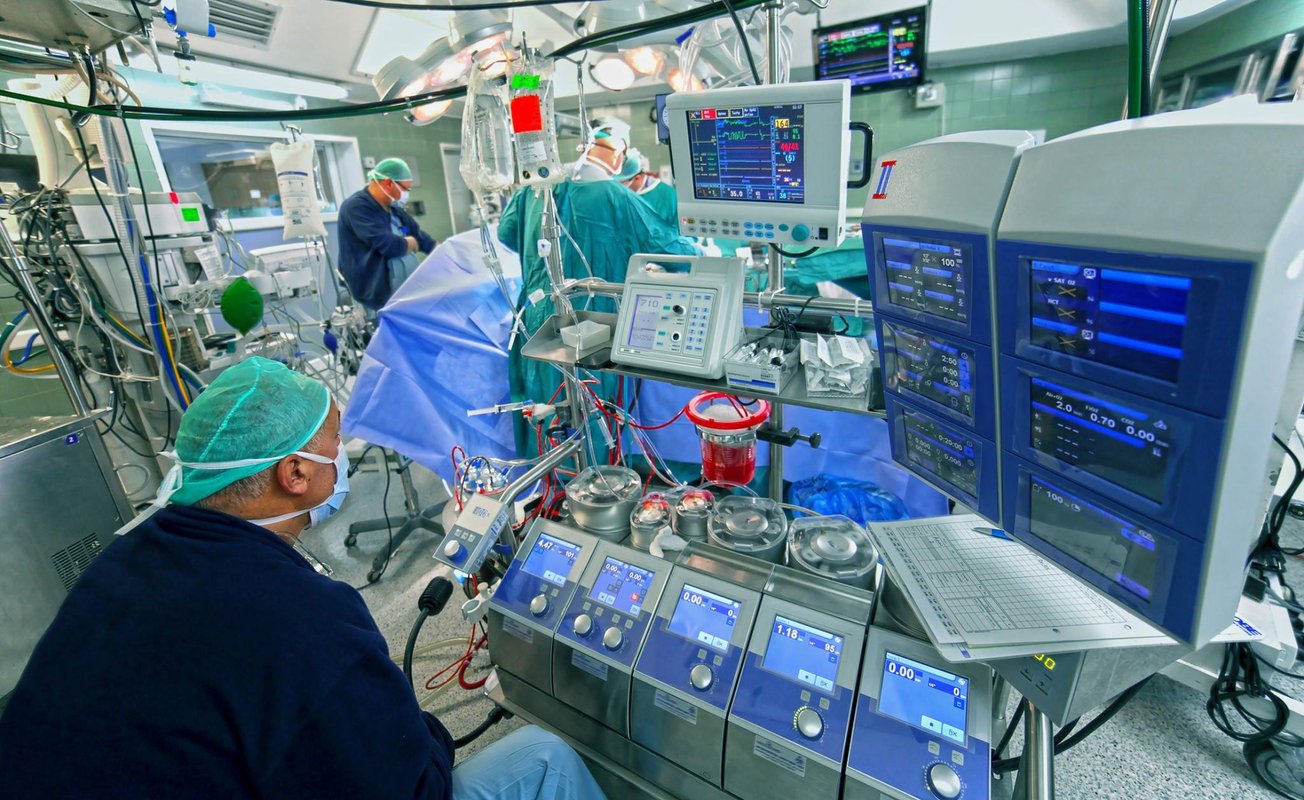$185 total
No cost info
No cost info
No cost info
$276 total
No cost info
$265 total
No cost info
No cost info
No cost info
Embarking on a journey to become an Advanced Cardiac Life Support (ACLS) certified professional is commendable and can be rewarding. It's a decision that opens doors to a wide range of job opportunities in the healthcare sector. The first step to this journey is finding a reputable ACLS class near you. In this blog post, we’ll provide you with all the information you need to kickstart your ACLS training in New York.

ACLS refers to Advanced Cardiac Life Support. It is a series of clinical interventions for the urgent treatment of cardiac arrest, stroke, and other life-threatening medical emergencies, as well as the knowledge and skills to deploy those interventions. The certification is designed for healthcare professionals who either direct or participate in the management of cardio-respiratory arrest or other cardiovascular emergencies. This includes professionals in emergency response, emergency medicine, intensive care, and critical care units.
Before enrolling in an ACLS class, there are certain requirements that you need to meet:
Basic Life Support (BLS) Certification: As a prerequisite, you need to have a valid BLS certification. This is because ACLS is an advanced course that builds on the foundation of lifesaving BLS skills.
Medical Background: ACLS training and certification are specially designed for healthcare professionals. Therefore, a background in healthcare is crucial. This could include physicians, nurses, paramedics, respiratory therapists, and other medical professionals who may need to respond to a cardiovascular emergency.
When choosing an ACLS class, there are several factors to consider:
Accreditation: The class should be accredited by a recognized body, such as the American Heart Association (AHA) or the American Safety and Health Institute (ASHI).
Curriculum: The course content should be comprehensive and up-to-date with the latest guidelines. It should cover areas like recognition and early management of respiratory and cardiac arrest, airway management, and related pharmacology.
Instructors: The instructors should be experienced healthcare professionals with a deep understanding of ACLS protocols.
Hands-on Training: The class should offer plenty of opportunities for practical application of the skills learned.
Once you enroll in an ACLS class, you can expect a mix of theoretical and practical sessions. The course typically includes the following:
Lectures on ACLS protocols and procedures.
Hands-on practice on manikins to simulate real-life scenarios.
Team dynamics lessons where you learn to work efficiently in a team during a cardiovascular emergency.
Written and skills tests to assess your understanding and competence.
Upon successful completion of the ACLS class, you'll undergo a certification process:
Written Exam: You'll be required to pass a written exam that tests your understanding of ACLS protocols.
Skills Test: You'll also need to pass a skills test where you demonstrate your ability to apply what you've learned in a simulated cardiac emergency.
Certification: After passing both exams, you'll receive your ACLS certification. This certification is usually valid for two years, after which you'll need to take a recertification course.
After obtaining your ACLS certification, you can find related jobs in various healthcare settings. This could be in hospitals, clinics, nursing homes, or even on ambulances. The certification can also be a stepping stone to more advanced roles within the healthcare industry.
After becoming ACLS certified, you may want to consider advancing your skills further with these additional certifications:
Pediatric Advanced Life Support (PALS): This certification focuses on the treatment of critically ill or injured children.
Critical Care Paramedic (CCP): CCP certification is designed for paramedics who want to specialize in critical care transport.
New York is a bustling city with numerous opportunities for ACLS certified professionals. Here are a few pointers on how to make the most of these opportunities:
Networking: Join professional organizations and attend events to connect with other healthcare professionals and potential employers.
Volunteer: Volunteering at local hospitals or clinics can provide invaluable experience and could lead to job opportunities.
Continuing Education: Consider pursuing further education or certifications to increase your marketability.
Online platforms like Dreambound can be instrumental in finding the perfect ACLS class. Dreambound provides comprehensive listings of vocational training programs, including ACLS classes in New York.
Becoming ACLS certified is a significant step towards a rewarding career in the healthcare industry. It equips you with the skills to handle life-threatening emergencies, making you a valuable asset in any healthcare setting. Whether you're just starting your career or looking to advance in your current role, ACLS certification can provide the edge you need. Explore how to become a certified medication aide in New York how to become a psychiatric technician in New York for more information about healthcare training programs in New York.
For those looking to get started in this field, Dreambound's array of city-specific guides can be a valuable resource. And if you're in a different area or mulling over a move, don't miss out on our other helpful guides.
Thinking about all of the factors involved in making a career shift? Take a look at some of the guides we've written to help you in your journey.
Dreambound's platform allows prospective students to find the right educational program for them through searching, filtering, and connecting with our extensive selection of career & technical education partners.
Dreambound has over 70 programs across healthcare, technology, business, and industrial trades. This includes programs such as Medical Billing, Cybersecurity, and welding.
Some of our schools offer financial aid for those who qualify. Many others offer payment plans, where you can pay the cost of class over time.
Yes, Dreambound offers many online programs. On Dreambound's search, you can filter by online, in-person, and hybrid (part online, part in-person).
Dreambound is completely free for you to use! We are supported by schools and organizations who pay to advertise on our website, so we can offer all of our career resources for free.